Tip 3: Proofreading and Editing
This is your final task before handing in a piece of work.
Every piece of formal work including Blogs and Vlogs need to go through this process.
Why is it important?
When you are working to tight deadlines, it can be tempting to skip this editing stage, but it is an essential step to producing a good piece of work.
It maintains your credibility as an author and help to convince your reader of your argument.
Careless errors will lower your grades.
You need to proofread to make sure your ideas are in sequence so that your work has structure and that your ideas are not jumbled up.
Are your points backed up with facts and evidence?
It is important to signpost the reader throughout the text using words and phrases such as ‘‘therefore’’, ‘’however’’ and ‘’in summary ‘’.
Paragraphs
A paragraph should contain one clear idea and sentences to support that idea. There are 4 questions to ask yourself for each paragraph you have written:
- What is the main controlling idea?
- Is the idea stated clearly?
- Is the idea supported by facts and evidence?
- Does this paragraph link neatly with the previous paragraph and anticipate the next?
Punctuation
Incorrect punctuation can spoil the meaning of a sentence
For example:
Let’s eat Grandma!
vs.
Let’s eat, Grandma!
Too many quotation marks and brackets are also common mistakes. Exclamation marks are not usually used in formal writing
Only use an ellipsis (which is the …) after a shortened quote.
Grammar
Grammar helps you to express complex concepts to clearly communicate your ideas. Make sure you avoid informal and colloquial language.
Use full words, no contractions like don’t and wouldn’t.
Remember to use apostrophes.
Use an apostrophe before an S to indicate individual possession and use an apostrophe after an S for plural possession.
Numbers
When should you spell out a number, or use the numerical?
Generally you should spell out:
- Centuries and decades
- Estimated numbers
- Numbers below 10
- Ordinal numbers
You should use the numerical for numbers over 100.
Remember to put in commas when separating thousands.
Never start a sentence with a number.
Homonym
This is a word that is spelled or pronounced the same way as another word with a different meaning.
For example:
Write and Right
Past and Passed
There, Their and They’re
Make sure you use the right one.

Techniques for Proof reading
- No distractions or interruptions – turn of all devices including your phone
- Print the work off, it is much easier to read from a piece of paper than a screen and allows you to mark out your changes/corrections
- Read it out loud
- Read word by word for spelling, and sentence by sentence for grammar and punctuation.
Check list:
- Is my work within the word limit?
- Have I read my essay out loud?
- Have I checked my grammar, punctuation and spelling?
- Have I left space for my tutor’s comments?






